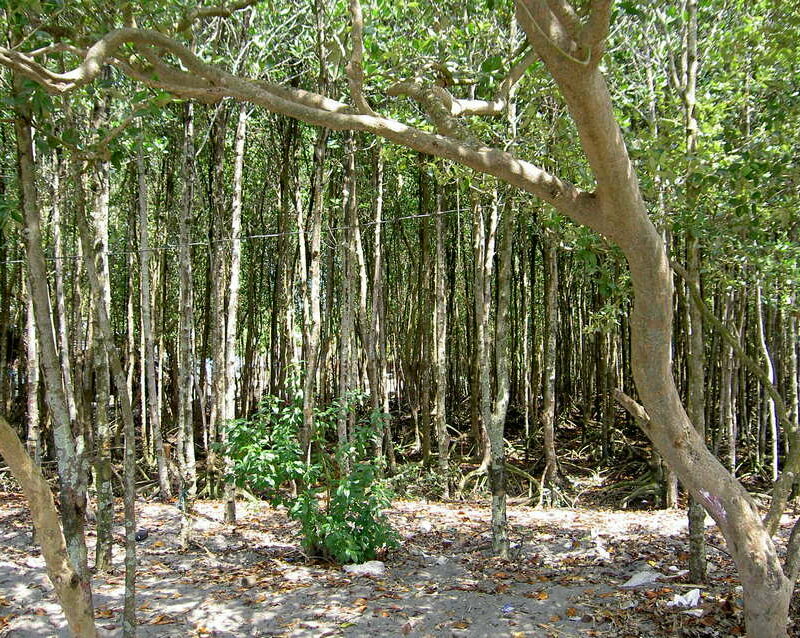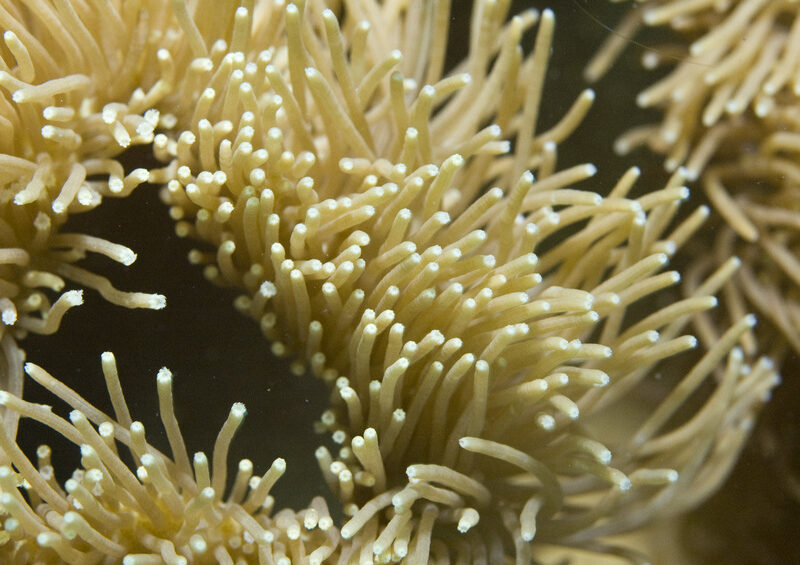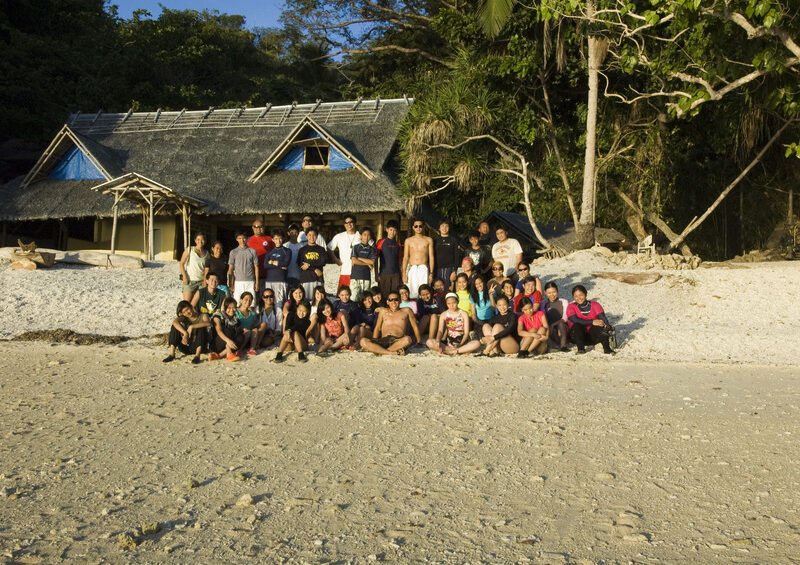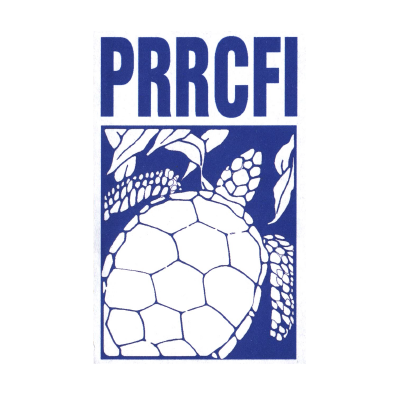Ecoregion (terrestrial): Greater Negros-Panay Rainforests
Ecoregion (marine): Western Coral Triangle
Key Species: 244 species of hard coral, Dugong (Dugong dugon), Green Turtle (Chelonia mydas), Hawksbill Turtle (Eretmochelys imbricata), Mangrove Heron (Butorides striata) Danjugan Island is also an important resting and feeding place for migratory birds.
Danjugan is an extremely important island as it is one of the few islands in the area that still has its original tropical forests. Additionally, the island is surrounded by a beautiful coral reef that was in urgent need of protection. The aim of this project was to permanently protect Danjugan’s forest and wildlfe by purchasing the whole island to be managed by PRRCFI.

Conservation Action
Danjugan Island was saved from development which would have threatened the forest and the surrounding reefs. Between them, tropical forests and coral reefs contain the world’s richest and most diverse environments, but both have suffered from a wide range of destructive human activities. A project to restore Danjugan’s mangroves has successfully reduced the impact of erosion on the island and provided vital habitat for a number of species.
Today, the protected island and the surrounding waters serve as a haven for wildlife and have become an outdoor classroom for students, a research area for conservationists, and an idyll for eco-tourists to experience nature at its purest.
Biological Importance
Danjugan island has incredible biodiversity given its size. At least 72 bird species have been recorded on the island and there has been a pair of White-breasted Sea Eagles (Heliatus leucogaster) nesting on the island since 1974.
Surveys have recorded 10 bat species and 22 butterfly species.
The marine life in Danjugan’s waters is particularly diverse, with 244 species of hard coral from 73 genra recorded and 572 species of fish.
The beaches of Danjugan Island are nesting sites of the Hawksbill (Eretmochelys imbricata) and Green Sea (Chelonia mydas) turtles.


Community Involvement
Danjugan Island is a marine reserve and wildlife sanctuary which provides jobs for local people and learning programs for people from all sectors of society through it’s Danjugan Island Environmental Education Program (DEEP).
Marine and wildlife camps for young people are held regularly, with the emphasis on inspiring today’s youth to become tomorrows conservationists.
The island also hosts visiting students and conservationists for research and learning programs.
Facilities on the island are intentionally basic, with no running water and no mains electricity, but they do have solar panels supplying the energy that they need. The accomodation on Danjugan is also open to visiting eco-tourists, providing funds for conservation management and the employment of local people.
